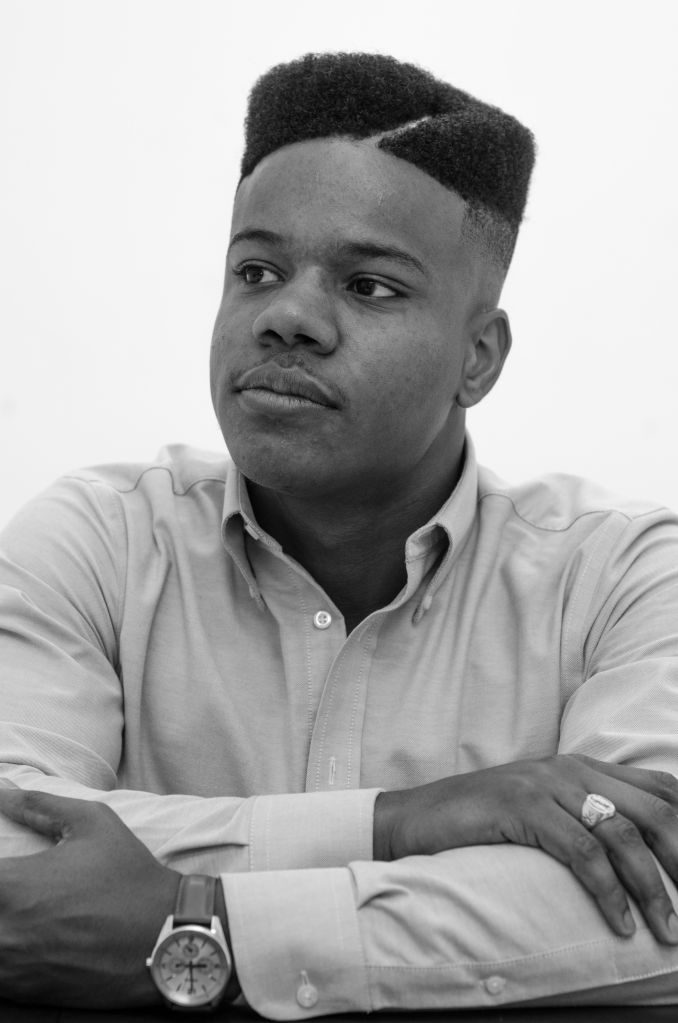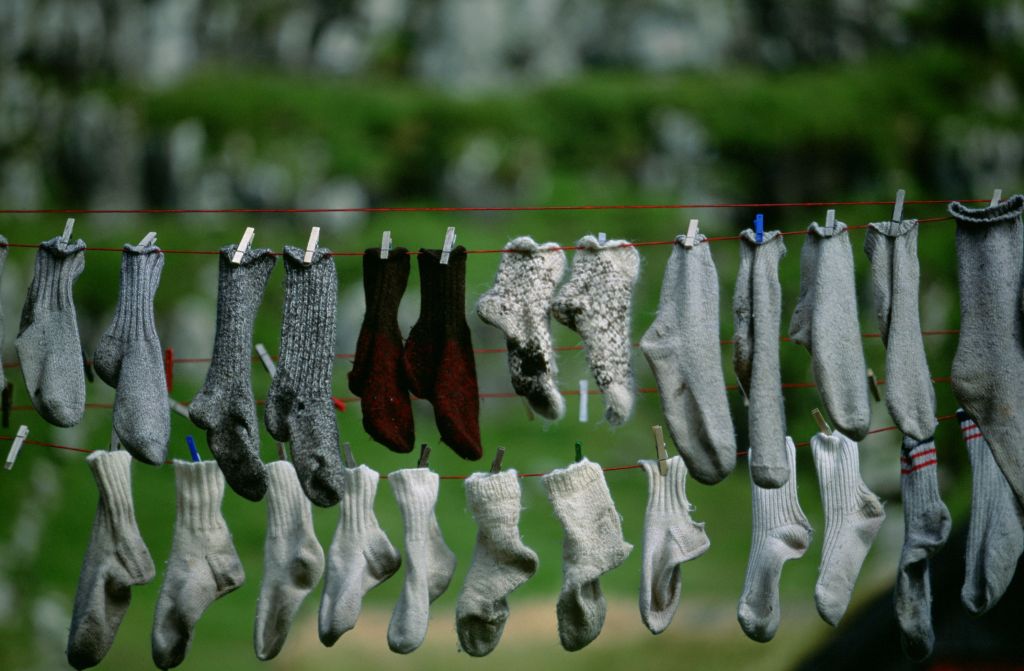
Source: Martese Johnson / Martese Johnson
Like most students nearing graduation, there’s a particular excitement that arises when you think about finally being done with the rigor of higher education. That excitement was evident in Martese Johnson’s (he/him) voice when he spoke of his upcoming graduation from the University of Michigan Law School this year. Now 26-years-old, Martese rose to prominence after the video of his brutal interaction with University of Virginia police officers went viral in 2015. Now, he’s preparing to enter the next phase of his life, while still learning how to navigate life as a survivor of police violence. The past several years, including the three between the incident and his entering law school, have been about education and preparation for a life of service. But according to him, they’ve also been focused on healing, growth and self-discovery.
“After the event, my interactions with officers and the large media moments [that followed], there was about three years of just going through the nitty-gritty of what a civil lawsuit actually looks like,” Johnson said. “That three years became a moment for me to reflect on the life that I’d lived until that point, and the person who I had become. It helped direct me toward the person that I wanted to be in the future.”
Martese credits the mentors in his life during this time, including the attorneys who worked on his case, for helping him see a legal career as a pathway to help members of his community who can’t advocate for themselves. His courses at Michigan Law, along with his work in the school’s prestigious Civil Rights Litigation Initiative where he’s actively supporting civil rights cases in Detroit and Ann Arbor, were curated to ensure he has the doctrinal expertise and the social consciousness necessary to practice lawyering in a radical way.
“I have this keen personal awareness that being an attorney is only going to be one page in a larger story for me,” Johnson said. “And because of that I’m really passionate about the work, but I’m also thinking about how I can translate this to something else that allows me to make a bigger impact in the long run.”
Originally from the southside of Chicago, Martese has already made an impact in his hometown. After working his first job in New York City at a branding agency, he felt a strong desire to work in direct service to his community. Upon moving back to Chicago in 2017, Martese secured a post as an educator and restorative justice facilitator at a local charter school. There, he saw firsthand how childhood trauma, poverty and other intersecting oppressions affect children and increase their likelihood to experience encounters with the state.
Nationally, his name is connected to famous organizers who rose to prominence during the uprisings of years past. It’s also included in the list of other Black people who have become hashtags after experiencing violence at the hands of police. While this level of visibility and notoriety have presented Martese with several opportunities, it also puts him in a very devastating club that no one asks to join.
“There is this external pressure to perform like you’re some kind of iconic figure, but I’m just a guy who’s growing,” Johnson said. “I think for many years after my incident, I became not a character per se, but a symbol to some people of what activism looks like. And while some of those traits are true, it erased the normal, human aspects of me that did exist and that were imperfect… things that also made me who I am.”
Martese shared some of the pieces of his humanity that aren’t often talked about in public, one being the trauma that accompanies forever being tied to the trauma of police violence and Black death. While blessed to survive his encounter, the weight that so many others did and do not survive, never lessens for Martese. When asked how he deals with the complexity of it all being so public, he noted that focusing on reestablishing who he is beyond what happened to him is key. Therapy, meditation, spending time with friends and family and doing work that makes him feel fulfilled are the cornerstones of how he centers his personal wellness.
“The fact that my trauma is available at any given time for the rest of my life is something that I have to come to terms with and revisit often, involuntarily,” Johnson said. “There are moments of guilt when I take time to focus on self and how I move forward. I have tried to teach myself that that guilt is unhealthy and there’s no way to be well and effective without pursuing downtime.”
Looking back over the past several years, including the summer of unrest due to the shooting deaths of George Floyd, Ahmaud Arbery and Breonna Taylor to name a few, Martese notes that he’s been through a lot and so has the Black community. However, he’s encouraged about the progress being made and is excited to put his skills to work. He’s proud of his generation and believes that as long as young people do work that they personally feel passionate about, there will never be a lack of leaders who can enact change.
“When you look online and see the “big activists” it can be intimidating. My perspective is that there’s no need to emulate what another individual is doing. People need to identify what they’re personally passionate about and just start doing work. Once young folks find something that matters to them, they’ll almost innately find creative ways to do that work. The easiest and healthiest way to get involved.”
Click here to learn more about Cassius’s Young Icons. They’ve got next.
















